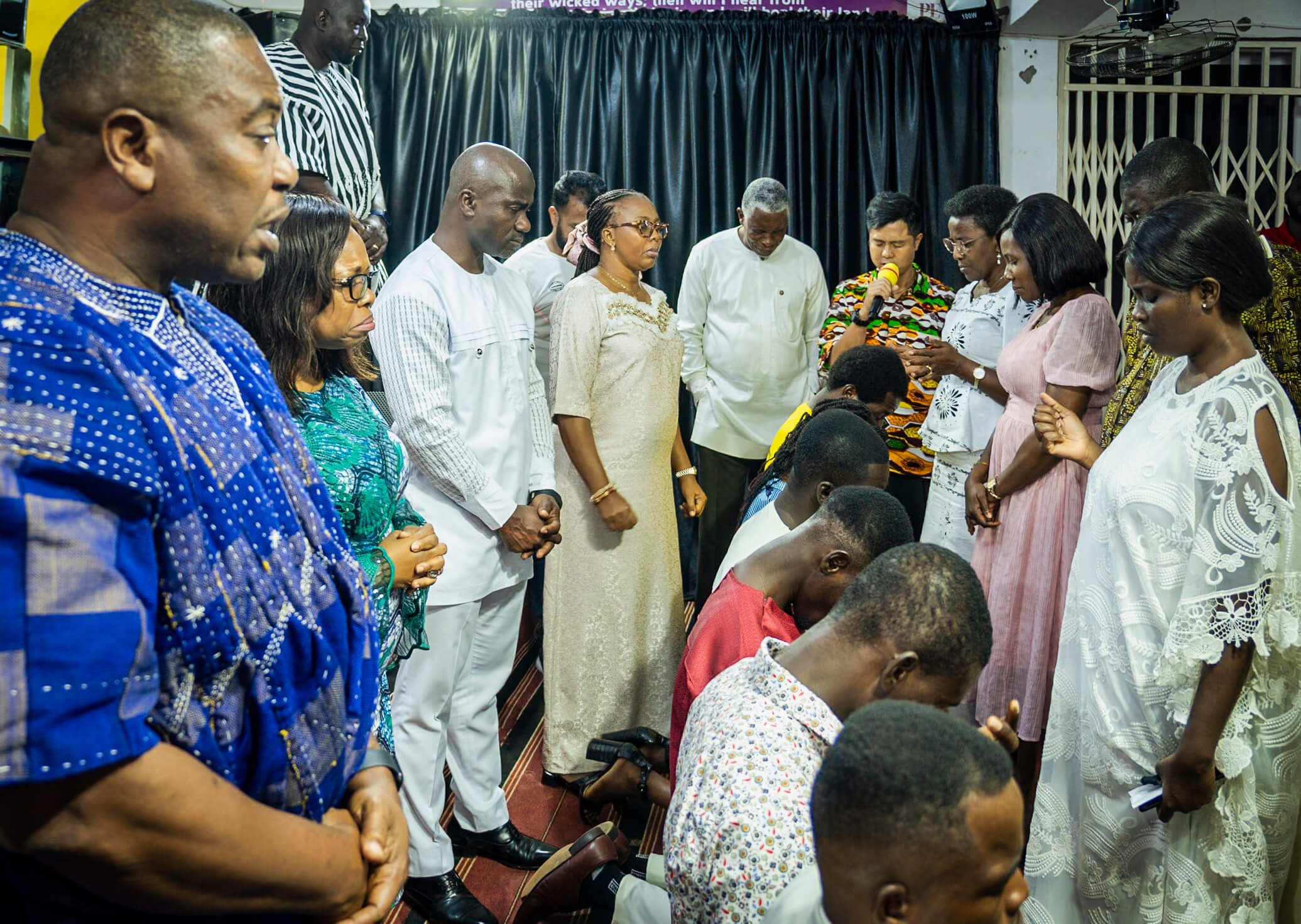Towards a strong sending African Church
Sidney Koketso Berman

Listen to this article
With the African continent now home to the largest number of Christians worldwide, the African Church is uniquely positioned to lead in God’s global mission. Yet, this responsibility remains marginal rather than mainstream. Drawing parallels with the Early Church, this article explores paradigms and practices that can transform the African Church into a vibrant sending force for missions.
Leverage connections
In the Early Church, persecution and migration helped spread the gospel as believers carried their faith to new regions (Acts 8:1-4). Similarly, African Christians in diaspora communities can be intentional mission carriers, sharing the gospel in their host nations while supporting mission efforts back home.
Churches must recognize this opportunity and equip diaspora believers to live missionally. This involves preaching and teaching the Great Commission (Matt. 28:19-20) as a mandate for every believer, not just a few. Practical steps include creating mission-focused diaspora networks, training believers to share their faith in culturally relevant ways, and fostering accountability to their sending churches. By doing so, the African Church can harness its global footprint to advance God’s mission.
Channel spiritual fervour
The African Church is marked by a Pentecostal and revivalistic spirit, characterized by fervent worship, prophetic ministries, and a hunger for spiritual renewal. Unlike the religious climate of first-century Judaism where only an elite minority engaged deeply with faith, African Christians exhibit a restlessness that drives prayer, outreach, and action. This quality – seen in the rise of African televangelists and the proliferation of new churches – mirrors the Early Church’s zeal after Pentecost.
Churches must harness this spiritual fervor into mission-friendly practices. Pastors should preach the Great Commission as foundational to congregational life, encouraging believers to see their restlessness as a call to action. This could mean organizing mission-focused prayer gatherings, training members in evangelism, or supporting short-term mission trips within and beyond Africa. By aligning this revivalistic mindset with missional goals, the Church can mobilize its members to reach unreached communities.
Engage culture critically
The African Church exists within diverse cultural contexts, from traditional religious practices such as ancestral veneration to the growing influence of Western ideologies such as secularism and sexual immorality. Just as the Early Church navigated Greco-Roman culture with a gospel-centred critique (Acts 17:22-31), African churches must equip believers to engage their cultures critically yet lovingly. This involves teaching biblical alternatives to practices that conflict with Scripture while addressing seductive cultural trends such as abortion and disregard for marriage.
A strong sending Church instils a mindset that compels believers to respond to cultural challenges with prayer, outreach, and action. For example, churches can develop discipleship programmes that emphasize biblical worldview training, encouraging members to share the gospel in ways that resonate with their communities. By fostering this critical yet compassionate engagement, the Church prepares believers to be effective witnesses in culturally complex settings.
Build a sending culture
One critical step in adopting proactive missional practices is for African congregations to designate and support missionaries just as they do with pastors or administrators. Many African churches lack a culture of financially and prayerfully supporting missionaries, although this is essential for fulfilling the Great Commission. Establishing a mission fund, however modest, can sustain at least one missionary’s work, whether locally or abroad.
Additionally, churches should integrate mission activities into their programmes. This could include hosting mission conferences, offering training for aspiring missionaries, or partnering with local churches to mobilize resources. By modelling these practices, churches cultivate missions as central to their identity, inspiring members to participate actively in God’s global mission.
The Great Commission is not a suggestion but a mandate for every believer and congregation. Through prayer, obedience, and intentional action, the African Church can lead the way, transforming lives and communities for Christ’s glory.
photo: Commissioning of young missionaries from the Livingstone School of Missions, Ghana
Sidney Koketso Berman is an associate missionary with SIM and holds a PhD in Old Testament studies.
 here
here